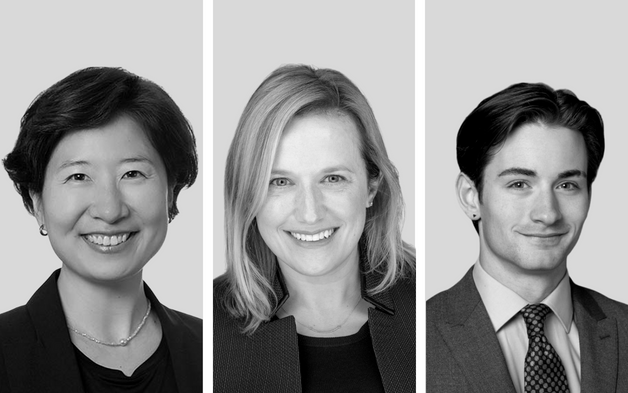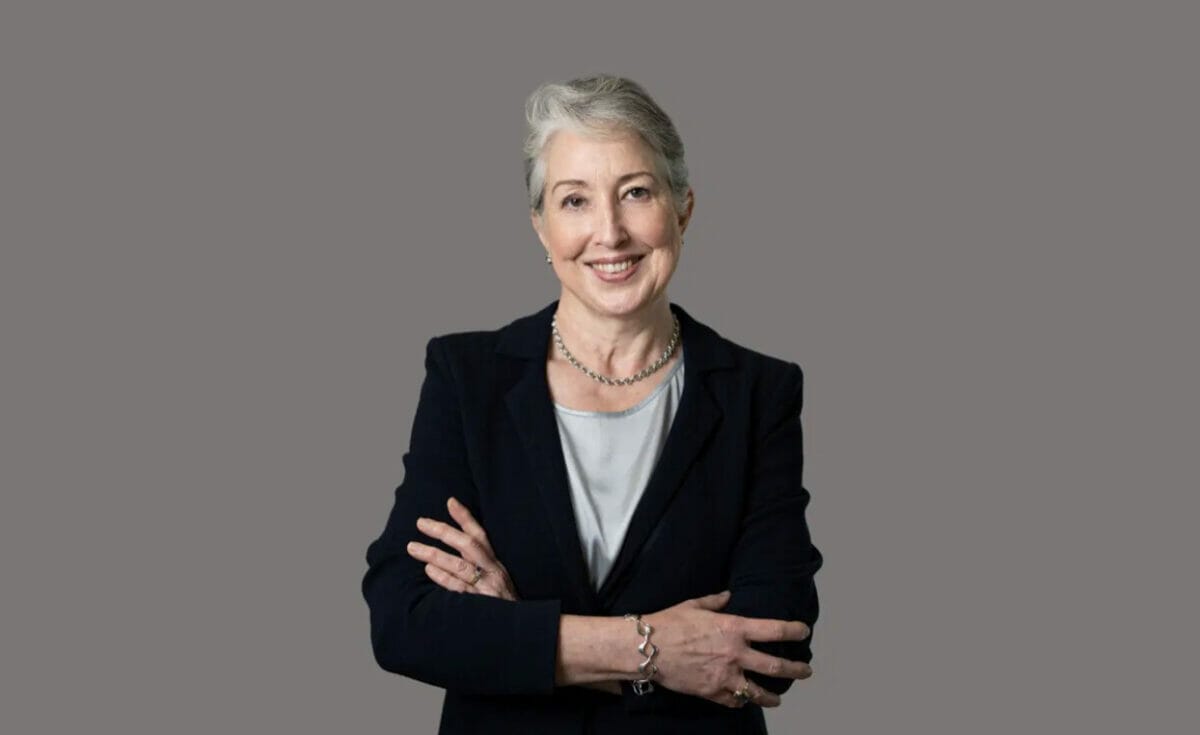Reliable data that gives visibility into the demands and challenges of different asset classes is a growing focus among large pension funds, who are exploring a range of execution strategies as part of their net-zero ambitions.
Private sector investment strategies can find synergy with asset owners’ broader push towards net zero emissions targets, with funds directing capital towards a range of technologies and solutions that will help drive the transition.
American multi-national holding company Franklin Templeton has been advocating publicly for standardised and reliable climate information disclosures for investors.
In thinking about private equity, Franklin Templeton can use its investments to examine emerging data projects that may help to overcome some of the methodology and data challenges it faces, according to Piers Hugh Smith, the holding company’s global stewardship manager.
“One of the big opportunities that we have in the structure of private equity investment is being able to overcome these barriers around information asymmetry,” Hugh Smith said, speaking at Conexus Financial’s Sustainability in Practice forum at Harvard University in a panel discussion about the different sustainability demands and challenges of different asset classes.
“This allows us to better understand what’s fundamentally going on with the climate risk scenario of our underlying assets and also we can drive solutions towards public markets through these investments.”
Hugh Smith said thinking through transitioning assets “really takes us beyond ESG as one idea.” He added: ” We need to think about managing the three holistic forms of capital: our economic capital, our social capital, and our natural capital. This is really the mechanism through which we can seek to drive a transition in the real economy.”
This means driving change in underlying companies–particularly in private markets– and takes precedence over “having the most sustainable measurement of our investment products.”
The governance rights and structure of control in private markets can be more effective in driving change than in public markets, Hugh Smith said.
“And so, in this structure, we can have this ability to really allocate towards solutions and drive transition in a much more direct way than we can in some of our public strategies through traditional engagement and voting.”
Also on the panel was Hyewon Kong, vice president and head of responsible investment at Investment Management Corporation of Ontario, or IMCO.
IMCO is “a toddler” on its journey to net zero, Kong said, having been created five years ago; he only joined two years ago. Relying on external managers, the fund is working with its GPs and portfolio companies to set expectations on carbon reduction.
IMCO expects all of its companies to have a long-term net zero target, Kong said, which means “we expect our companies to think about this net zero target and set the climate action plan to deliver that net zero goal.”
The fund also expects these companies to lift their game on disclosure, and set short-term, mid-term and long-term science-based targets.
A due diligence questionnaire for every asset class when selecting GPs addresses ESG risk and opportunity, and explores what would be a realistic and acceptable timeline towards setting a net zero target.
“We started developing our ESG dashboard, including climate dashboard, so that we can now understand for every GP that we are selecting and hiring and we can actually start monitoring them,” Kong said.
The fund is now in the process of setting targets for the 2030s for every asset class. “Our performance or review will be affected if we don’t deliver our ESG objectives, which are part of our corporate objectives.”
A footprinting exercise using PCAF methodology covers about 75 per cent of the portfolio, but there are currently significant problems with data quality, she said. Establishing the fund’s carbon footprint on private assets is “still very much qualitative, it’s very difficult to do a quantitative look,” Kong said.
“We are not talking about reported and verified information, it’s all economic activity based estimates. So we have to start somewhere.”
The fund then looks at a “conservative scenario” involving key actions it can take with each asset class to move on a decarbonisation pathway. With some assets like private equity, infrastructure and real estate, the fund has more control. Others like private credit offer less control and greater limitation of options.
“But every asset class still has to contribute to our top of house target,” Kong said. “So right now we are negotiating this with every team and just trying to understand what are the key action points.”
The board of the OPTrust pension fund has approved a net zero strategy, but this is operationally focussed,” said Alison Loat, managing director, sustainable investing and innovation at OPTrust.
“We are not going to be leading with targets,” Loat said. “The overall strategy is more operationally-oriented and really focused on how we build this out across the organisation.”
The concept of resilience features in the fund’s defining purpose behind its net zero declaration, which is “about the tools to manage the risks that we know are coming, both physical and transition to ensure that our portfolio is resilient over the long-term,” Loat said.
The fund is putting particular focus on how it carries out due diligence on assets. “We’re asking much deeper questions around climate,” Loat said. “We have much more specific, for lack of a better word, checklists that we’re workshopping with all of the teams.”
Work has also been done on public markets and proxies, and how to effectively respond when companies don’t meet their plans or put forward “loosey-goosey plans,” she concluded.



